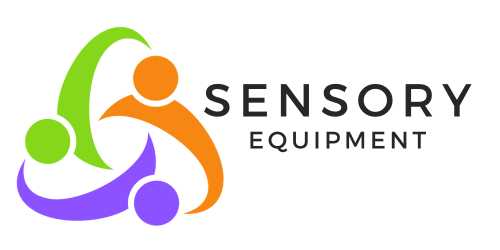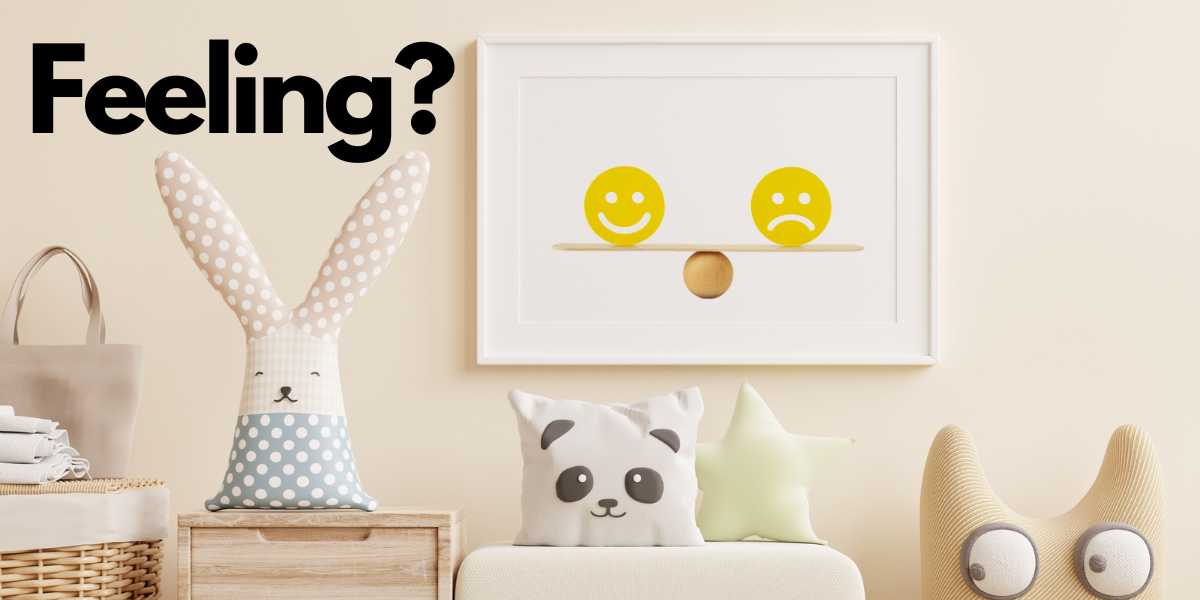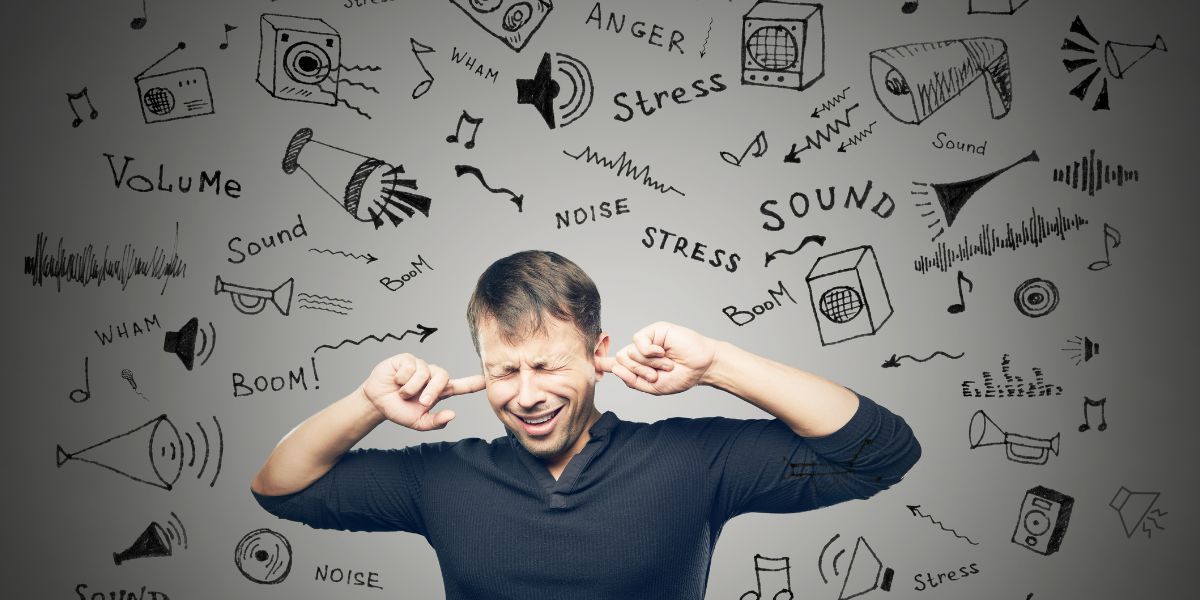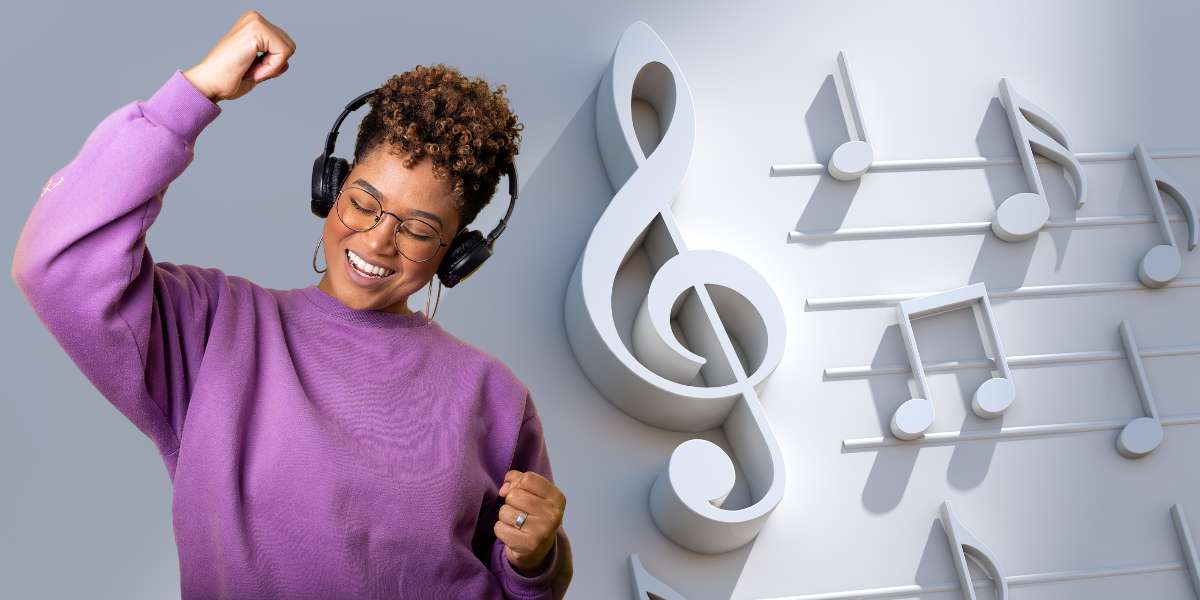Autism Spectrum Disorder (ASD) is a complex neuro-developmental condition that affects an individual’s ability to socialise, communicate, and understand emotions. Children with ASD often struggle with recognising and expressing their own emotions and understanding the feelings of others. Feelings boards, also known as emotion boards, are simple yet powerful tools that can help children with ASD overcome these challenges and improve their emotional literacy. In this article, we will explore the benefits of feelings boards and how they can support children with ASD in their emotional development.
What Are Feelings Boards?
Feelings boards are interactive visual aids that display a range of emotions through pictures, symbols, or words. These boards typically feature various faces or characters expressing different feelings, such as happy, sad, angry, surprised, and more. Feelings boards can be made from materials like paper, cardboard, or digital applications on tablets and smartphones. They provide a structured and tangible way for children with ASD to learn about emotions and express their own feelings.
Benefits of Feelings Boards for Children with ASD
- Enhances Emotional Recognition: Children with ASD often struggle to recognise and interpret facial expressions and body language, which are essential for understanding emotions. Feelings boards present these emotions in a clear and easily understandable manner, helping children associate the visual representations with the corresponding feelings.
- Promotes Communication: Feelings boards serve as a non-verbal communication tool, enabling children with ASD to express their emotions even if they find it challenging to articulate them verbally. This can lead to more effective interactions and better understanding among peers, family members, and caregivers.
- Supports Self-Regulation: Children with ASD may experience intense emotions and difficulty managing them. Feelings boards can help them identify and communicate their emotions, facilitating the development of self-regulation skills. When children can express their feelings, they are better equipped to cope with emotional challenges.
- Facilitates Social Skill Development: Understanding and recognising emotions are crucial skills for building relationships. Feelings boards can help children with ASD improve their social skills by giving them the tools to better connect with others, empathise, and respond appropriately in various social situations.
- Encourages Empathy: Through the use of feelings boards, children with ASD can learn to recognise and empathise with the emotions of others. This, in turn, fosters a greater understanding of the feelings and perspectives of their peers, making social interactions more rewarding and harmonious.
- Enhances Cognitive Skills: Working with feelings boards can stimulate cognitive development by engaging children in tasks like categorisation, matching, and problem-solving. This cognitive stimulation can be particularly beneficial for children with ASD, helping to improve their overall cognitive abilities.
Conclusion
Feelings boards are valuable tools for children with Autism Spectrum Disorder, as they provide a structured and engaging way to learn about emotions, promote communication, and support emotional development. By enhancing emotional recognition, promoting self-regulation, and facilitating social skill development, these boards play a crucial role in helping children with ASD navigate the complex world of emotions and build better connections with others. As part of a comprehensive approach to autism intervention, feelings boards can be a key asset in empowering children to understand and express their feelings, ultimately improving their quality of life.








